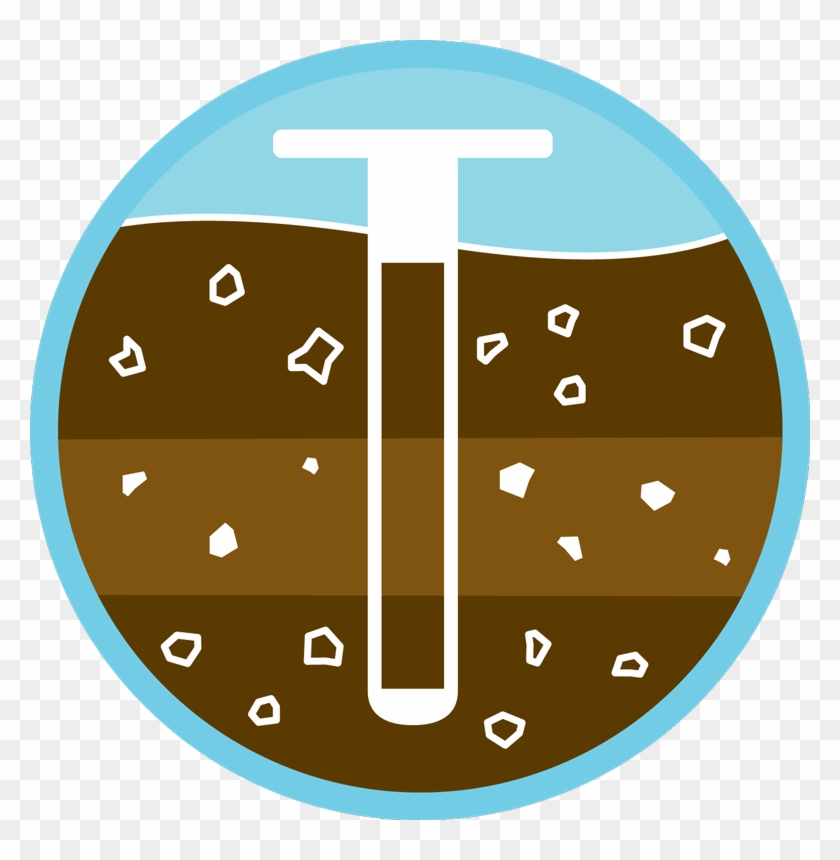I know I can send soil samples to my local university extension office for testing, but how do I test soil for glyphosate-based herbicides, lead, arsenic, and other contaminates?
As a citizen scientist I’m about to get into composting more on my property and would like to know more.
University turnaround is pretty slow. Use a private environmental lab like Bureau Veritas.
On the sidebar, I link to CCME soil contaminants. That’s a good place to start, however you probably don’t have to test for all of them. I would definitely do metals, but unless you’ve reason to suspect chemicals you can probably do without it. Knowing your compost feedstock will help a lot with preliminary screening.
Bunch of leaves you raked up from your back yard? Don’t need to check for glyphosate, given you know what they’ve been exposed to.
Random-ass organic amendment you got off some FB permaculture group? Test the shit out of it, just to be safe.
The reason I’m pushing you away from testing for organic compounds is that they are really expensive to test for. Metals are more common contaminants generally, and run about $40-80/sample, IIRC
Awesome! Thank you!!
I am about to start to attempt to collect compost feedstock from various resources and not sure how to tell if chemicals were ever used.
Thanks for the info!


